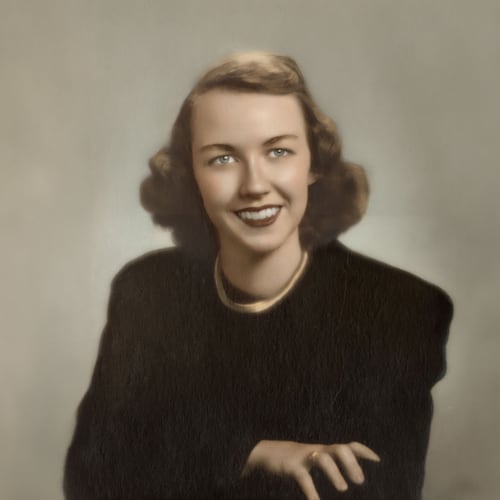For a native of Dothan, Alabama, who wears his Southern roots like a badge of honor, author Charles McNair has been navigating some heady international waters lately. In 2014, he moved to Bogotá, Colombia, after falling in love with a resident there, and his new book, “The Epicureans,” was produced by an Irish publisher and printed in Wales.
The settings for “The Epicureans” also hop around the world from the Black Forest of Germany to Lake Garda in northern Italy. But like its author, the story ultimately gravitates toward Alabama. The small town of Lafayette is home to the diabolical one-percenter Mr. Wood and Elmore Rogers, an Iraq war vet and single father. There they square off in a battle of good versus evil in this propulsive thriller about a group of wealthy gourmands who meet at a different location every winter solstice for a secret banquet where they dine on the flesh of children. Mr. Wood plans to host the next dinner, and he has his eye on Elmore’s kids, Will and Mary, for his main course.
The audacity of that premise isn’t the only thing that sets “The Epicureans” apart from any other book you’ve read lately. For starters, the book looks very different.
“The publisher Jason Killingsworth at Tune & Fairweather and art director Andrew Hind brought so much imagination and intelligence to their layout and design of the book. It’s just so thoughtful,” said McNair, speaking from Bogotá. “That cover with the faux Blue Willow pattern plate, if you notice the drawings around the edge of the plate, they represent various chapters inside the book in that medieval gothic style. They even produced a set of designer chinaware in that style.”
Inside that striking cover, the novel is illustrated by Robert Altbauer and Ollie Hoff with dozens of ethereal blue monochrome prints of elements from the book: a tree fort in the woods, an austere mansion, children’s feet dangling over the side of a dock. A blue silk ribbon marker adds a luxe flourish.
“It’s like a collectible art book,” says McNair.
The book also took an unorthodox path to publication. McNair’s previous novels, “Land of Goshen” (1994, St. Martin’s Press) and “Pickett’s Charge” (2013, Livingston Press), went the traditional route with commercial publishers. But “The Epicureans” was first published in serial form for 41 weeks on The Bitter Southerner website beginning in 2017.
Then Killingsworth, who worked with McNair at Paste magazine and had recently started Tune & Fairweather in Dublin, expressed interest in publishing the book. A successful Kickstarter campaign was initiated in 2020 that raised $36,000 to help pay for publishing costs.
“I have always had a fascination with monsters, evil and the darker side of human nature,” Killingsworth said when asked what attracted him to McNair’s book. “The cannibalistic dread that hangs over that first chapter felt like a modern retelling of Hansel and Gretel, the type of story an old crone might tell children drifting off to sleep in centuries past.
“Charles’ writing is so beautiful, even when he’s describing something morally repugnant or terrifying, the words are sweet as a trickle of honey licked right off the jar,” he said.
I have to concur. You won’t be able to erase from your memory McNair’s disturbing descriptions of the titular epicureans sipping rare champagne from ancient Venetian flutes and feasting on live birds so tiny their entire bodies are eaten in one bite.
But it is McNair’s villain, Mr. Wood, who will haunt readers’ dreams long after they’ve finished “The Epicureans.”
“I wanted to try and create the worst villain that’s ever been in fiction,” said McNair. “I wanted this guy to be Hannibal Lecter on steroids. He is an unvarnished sociopath; psychopath, too. He is dangerously smart and dangerously bad.”
Possibly the only thing in the world not available on Amazon, “The Epicureans” can be purchased at Eagle Eye Book Store in Decatur, through the Tune & Fairweather website at www.tuneandfairweather.com or ordered from your local bookstore.
Meanwhile, McNair is already 170 pages into his next novel, tentatively called “The Trail,” which is loosely based on the Trail of Tears.
McNair’s not sure if he’ll take the same path to publication as “The Epicureans,” but he asserts unequivocally: “I see no stigma at all anymore in self-publishing.”
Suzanne Van Atten is a book critic and contributing editor to the Atlanta Journal-Constitution. She can be reached at svanatten@ajc.com. Follow her on Twitter at @svanatten.
About the Author
The Latest
Featured


